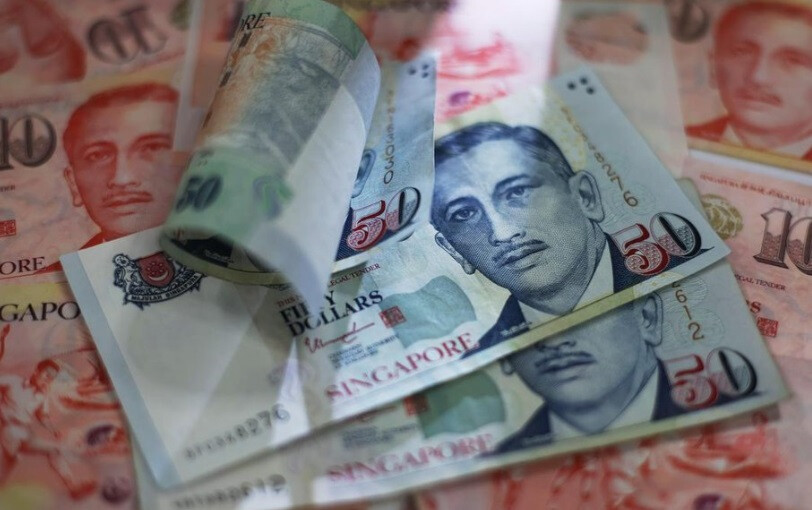
MELBOURNE – The allure of top-rated Asian bonds from Singapore and Australia is growing as the appeal of U.S. Treasuries diminishes. Concerns over recent U.S. credit rating downgrades and potential tax revisions that could disadvantage foreign investors are fueling increased demand for AAA-rated bonds, such as those from Singapore.
Strategists and portfolio managers are re-evaluating whether the world's largest bond market offers sufficient compensation. This comes amid moves by Taiwanese insurers to divest from U.S. dollar assets and a directive for Hong Kong pension funds to prepare contingency plans for further U.S. credit downgrades.
"U.S. Treasuries aren't reflecting the massive fiscal risk," said Kellie Wood, Head of Fixed Income at Schroders in Sydney. "Things like the credit rating downgrade, the fiscal packages, and investors not wanting to lend money to the U.S. government. The chances of fiscal error are growing."
This development adds to the appeal of AAA-rated bonds, a diminishing global supply. The spread between Australian 30-year bonds and their U.S. Treasury counterparts is at its narrowest in a year, indicating investors are pouring more money into Australian debt. The spread between Singaporean 30-year bonds and U.S. Treasuries is near an all-time low.
Australia's 10-year government bond yields fell 11 basis points on May 30 and edged higher on June 2. Demand for Australian government bonds is further boosted by bets on additional interest rate cuts by the Reserve Bank of Australia, which has hinted at more easing to mitigate the impact of global economic disruptions.
Fiscal Risks
Taiwanese and Japanese insurers, along with Australian pension funds, have long invested in the U.S. bond market to secure safe, long-term assets. However, recent market volatility and persistent questions about the U.S.'s fiscal health are prompting a rethink.
"Following the credit downgrade, some institutional investors will look for alternatives, and AAA-rated bonds in Asia Pacific will be one of them," said Dr. Ding Yifei, Fixed Income Portfolio Manager at Invesco in Hong Kong.
The declining value of the U.S. dollar is also pressuring investors across Asia to seek alternatives. In May, concerns arose about the impact on Taiwan's life insurance industry as the Taiwanese currency surged against the U.S. dollar. Regulators stepped in to calm these worries and are considering easing regulations on how insurers report their assets.
One large Taiwanese insurer has already begun building small positions in top-rated Australian and British corporate bonds, indicating a move away from U.S. dollar-denominated assets.
According to Goldman Sachs, there's a potential for funds to shift to the Singapore dollar market, the only AAA market in Asia. Meanwhile, Bank of America predicts that foreign investors in Australia's government bond market will face competition from local pension funds, where demand for Australian bonds could outstrip issuance.
[Copyright (c) Global Economic Times. All Rights Reserved.]






























